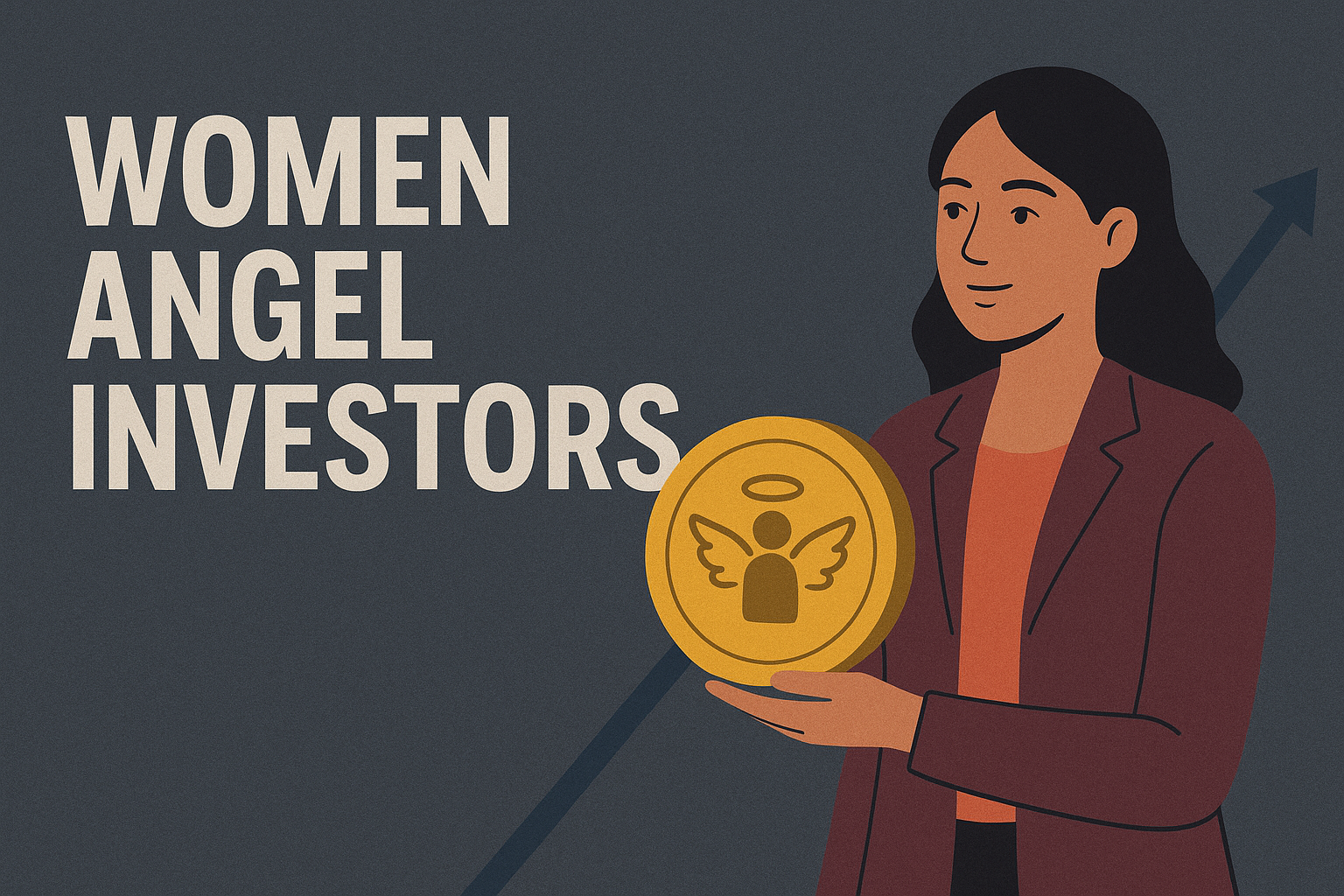
Exploring Leadership Opportunity in CSR & Skilling | upGrad Enterprise
India's startup ecosystem has been a beacon of aspiration and innovation, built on the shoulders of not just visionaries and coders, but also of risk-taking, impact-driven early investors. Among them, a new breed of women angel investors—founders-turned-funders, professionals with purpose, and community-led capital catalysts—have emerged, helping startups not only with funds but with mentorship, emotional intelligence, and inclusive vision.
The recent SEBI reforms to regulate Angel Funds, particularly the mandatory accreditation of all angel investors, while well-intended for compliance and investor protection, pose an immediate risk of exclusion—especially for non-wealthy but capable women investors.
The Core Concern
Under the new guidelines (SEBI PR No. 33/2025, Section 12), only Accredited Investors (AIs) will be allowed to participate in angel funds. This means angel investors must now meet specific wealth/income criteria and undergo independent verification. While this move aims to formalize angel investing and protect retail investors, it inadvertently erects financial barriers that could shut out a large segment of qualified, thoughtful women investors.
The criteria for Accredited Investors (AI) in India is defined under the SEBI (Alternative Investment Funds) Regulations, 2012, and more specifically clarified through SEBI’s circular dated August 26, 2021 on the "Accreditation Mechanism for Accredited Investors in securities market".
Key Eligibility Criteria for Accredited Investors (as per SEBI)
- For Individuals, Hindu Undivided Families (HUFs), Family Trusts:
- Annual income: ₹2 crore and above,
or - Net worth: ₹7.5 crore and above (with at least ₹3.75 crore in financial assets),
or - Combined income and financial asset condition:
- Annual income ≥ ₹1 crore
- Financial assets ≥ ₹5 crore
Note: Net worth excludes the value of primary residence.
- For Body Corporates:
- For Trusts (other than family trusts):
- For Partnership Firms:
- For Proprietary Firms:
- Net worth: Not less than ₹50 crore
- Assets under management (AUM): At least ₹50 crore
- Each partner individually meets AI criteria
- Net worth of ₹7.5 crore or above (₹3.75 crore in financial assets)
The SEBI Board’s recent regulatory reforms for Angel Funds (Clause 12.8 of PR No. 33/2025) reflect a welcome intention to ease operations for angel vehicles; however, it specifically addresses the minimum net worth/income thresholds for first-time women angel investors, contextualized against SEBI's broader objective of easing business for Angel Funds.
Why This Matters
- Diversity of Capital Matters: Women investors bring different priorities—sustainability, social impact, grassroots innovation. Losing them creates a homogeneous investor base disconnected from India’s diverse entrepreneurial needs.
- Excluding the First-Time Female Investor: Many women angel investors in India are new, writing their first cheques of ₹5–25 lakhs. These are precisely the people we should be encouraging, not excluding, through financial gatekeeping.
- Challenging Collective Platforms: Women-led angel networks that pool smaller cheques will now face compliance burdens, forcing them to either reconfigure or scale down.
- Startups Will Lose Empathetic Capital: Women investors are statistically more likely to invest in women founders and underserved sectors. Their absence will widen the gender gap in startup funding.
A Call for Gender-Sensitive Regulation
We at the Association of Women in Business (AWIB) urge SEBI to consider the unintended consequences of this reform and co-create pathways that balance compliance with inclusion. We propose:
- Alternate Pathways to Accreditation: Recognize professional experience, sectoral expertise, or startup mentorship as valid qualifiers for women to invest in regulated angel funds—even if they don’t meet the net-worth threshold.
- Lower Entry Bands for First-Time Women Investors: Allow first-time women investors to invest up to ₹10 lakhs per annum under a lighter compliance framework, especially when investing through SEBI-registered angel funds.
- Inclusive AI Certification Programs: Launch awareness and onboarding drives targeted at women professionals, with simplified documentation and handholding support. Association of Women in Business can collaborate with SEBI to drive this initiative.
- Incentivize Gender-Diverse Capital Pools: Offer regulatory incentives to angel funds or platforms that maintain gender diversity in their investor base.
- Contradicts the Reform Spirit: SEBI’s own reforms (Clause 12.8.1) aim to broaden participation. However, the AI-only mandate shrinks the pool of investors, especially women. Women hold a smaller share of India’s private wealth due to systemic barriers, despite growing professional success.
- The Disparity: While the investment floor has been reduced to ₹10 lakh, most first-time women angel investors—especially outside Tier 1 cities—cannot meet AI thresholds, despite being:
- Seasoned professionals (CXOs, doctors, lawyers, entrepreneurs)
- Experienced startup mentors or founders
- Financially literate and impact-driven
- Willing and able to responsibly invest ₹10–25 lakhs per year
This disconnect creates a paradox:
A woman can now legally invest ₹10 lakh into a startup via an Angel Fund, but only if she’s worth ₹5 crore.
We urge SEBI to introduce an alternate or blended accreditation pathway for first-time investors, especially women, that accounts for:
- Professional and educational background
- Demonstrated experience in startup or sectoral roles
- Past startup investments or mentorship
- Intent to invest under ₹10 lakh annually through regulated vehicles
Let’s Not Regress
In a year when India is making global strides in startup innovation and women-led businesses, regulatory frameworks must enable—not hinder—gender-balanced wealth creation and participation. Inclusion is not charity; it's economic strategy.
We invite angel networks, incubators, founders, and policy champions to join us in sending a collective representation to SEBI to ensure this landmark reform does not result in accidental exclusion of women from the capital table.
Let’s build an India where innovation is inclusive—and so is the capital that fuels it.
Gayatri Subramaniam, Dr Divya Rajput & Tripti Somani
Directors
Association of Women in Business (AWIB)
www.wibglobal.org | divya@wibglobal.org





